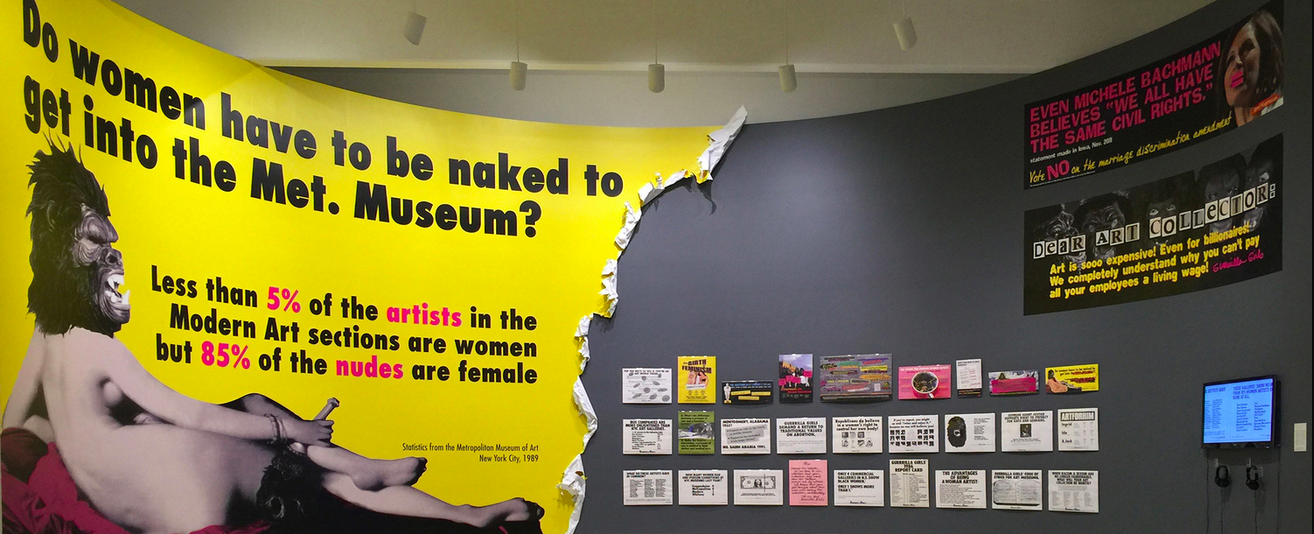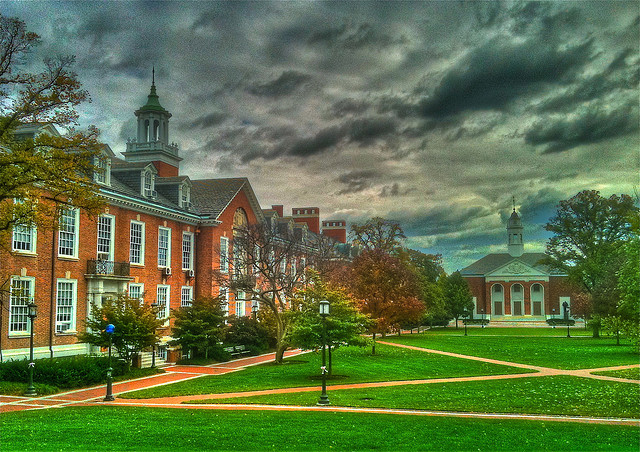All posts by Anne-Elizabeth Brodsky
25 Mothers’ Rooms
 JHU Office of Work, Life, and Engagement supports working moms who want to keep nursing. Congrats on the 25th mothers’ room! Want to know more? Check out the link at Hopkins Work/Life.
JHU Office of Work, Life, and Engagement supports working moms who want to keep nursing. Congrats on the 25th mothers’ room! Want to know more? Check out the link at Hopkins Work/Life.
And did you know that in 2017 Johns Hopkins University and Health System earned, for the 5th consecutive year, the WorldatWork Seal of Distinction for meeting a defined standard that shows that we provide a distinct mutually beneficial workplace experience.
Here’s the link to the HUB article.
Who are the people in your neighborhood? Guerrilla Girls!

Yes, they’re right next to campus at the BMA until March 12.
https://artbma.org/exhibitions/front-room-guerrilla-girls
Photo: https://www.guerrillagirls.com/exhibitions/
Reading List: Gender & Leadership
Peggy Delmas, an assistant professor of leadership and teacher education, recommends five books that “represent the most reflective and soul-searching works out there on the topic of being — both singly and in combination — a woman and a leader.”
http://www.elle.com/culture/books/news/a15357/best-thrillers-crime-books-by-women-writers/
Lyell Asher, “Your Students Crave Moral Simplicity. Resist.”

You may have seen this essay in The American Scholar or in the Chronicle. Here’s an excerpt (full essay is here):
I didn’t like bewilderment when I was in college, and my students don’t either. Their lives are chaotic enough without any help from books. So they’re just as inclined as I was to bypass complication as a way of preserving the clarity of their judgments, which is precisely what Tolstoy’s characters do [in Anna Karenina]. Anna needs to construe her husband as an unfeeling machine in order to withstand her own guilt, just as her husband needs to construe Anna as a thoroughly depraved woman so as to sharpen his own hatred. It’s one of the book’s many indelible patterns: The easiest way to streamline your feelings is to simplify the people who provoke them.
A college ought to be the ideal place to help students learn to resist such simplifications — to resist them not just inside the classroom, in the books they read, but outside in the lives they lead. Rightly understood, the campus beyond the classroom is the laboratory component of college itself. It’s where ideas and experience should meet and refine one another, where things should get more complicated, not less.
Image: http://www.wbal.com/article/160491/3/tuition-going-up-at-johns-hopkins-homewood-campus
